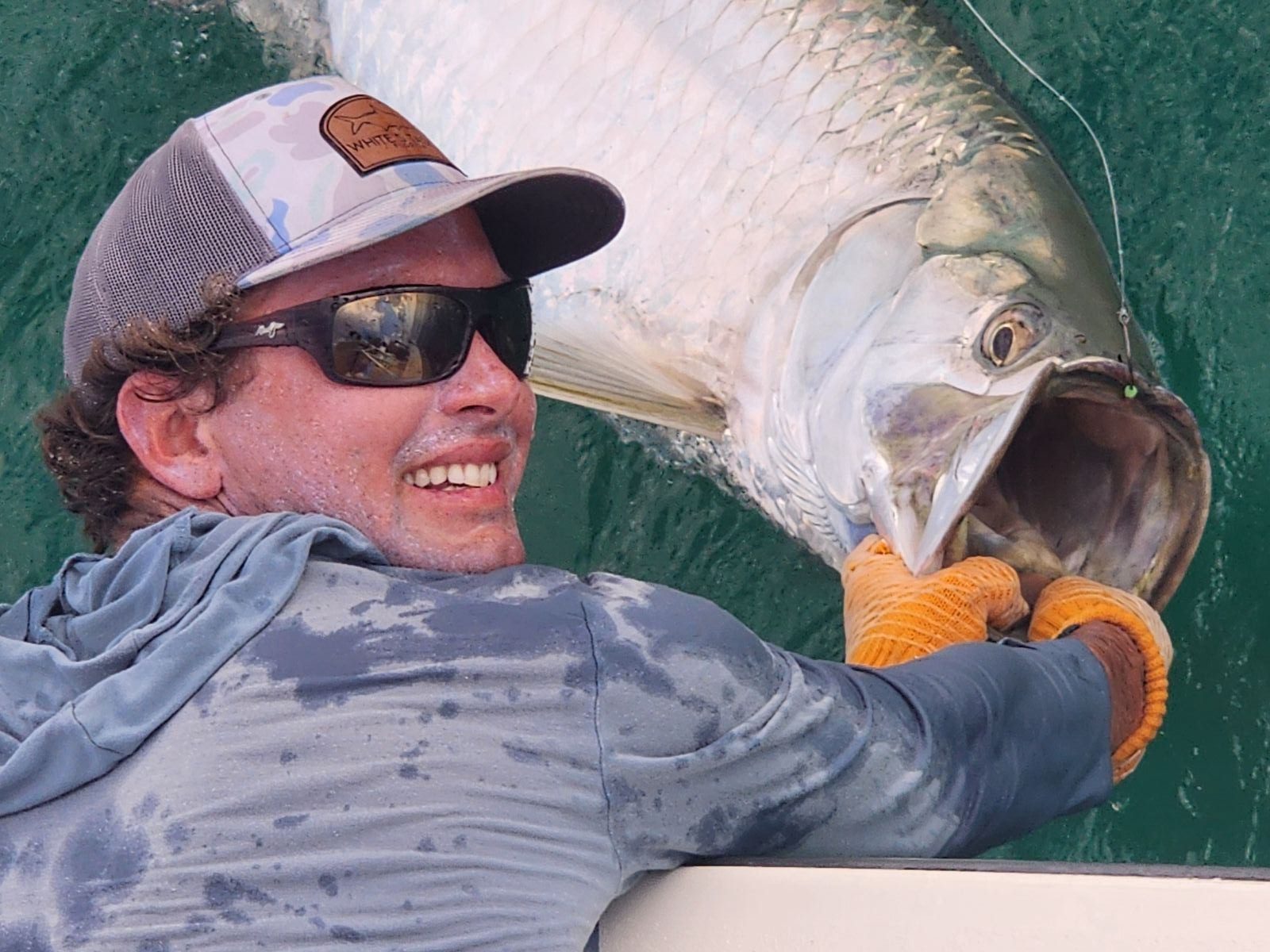Fishery management or is it mismanagement?

First, I want to explain that fishery management is an impossible job. How do we accurately count multiple species of fish underwater, absorb the guessed numbers, compile it into functioning data, then apply balanced allocation, while maintaining sustainable stocks? I am sharing my views attempting to enhance more common sense, factual data, with balanced vetted ideas and options. Not to bash current efforts! Many of our management folks want to accomplish challenging goals within rigid guidelines. None of us want their jobs, but they do pay well and offer great benefits if you’re interested and have thick skin.
Try to count fish underwater. It’s not possible to see everything down there. Shallow water species offer limited opportunities to see schools of fish. The deeper we travel the greater the challenge to accurately count fish. Try a comparison to birds. They have smaller groups to feed and reproduce, most of the time. Some species gather to migrate. Migrations can be relatively short distances or thousands of miles. Flocks can be hundreds or hundreds of thousands of birds or fish. Now count them and accurately let me know how many exist. Our divided agencies try to figure out methods and ways to do the impossible.
We have snook that don’t travel far, then mackerel or tuna that move thousands of miles. You begin to get the picture: it’s unachievable. Yet it’s necessary to understand numbers to manage harvests that allow enough fish to reproduce successfully and replenish stocks at sustainable levels.
Scientists and bureaucrats establish guidelines and protocols that require specific procedures, plus strict constraints with no accurate numbers to work from. Now, compound this mess by requiring use of years-old guesswork data to develop regulations! It’s easy to understand how crazy of an undertaking our fishery management is.
Unfortunately, there is incredibly limited input from genuine fishermen who hold a greater understanding of fish and their lives than all those book smart folks put together. When you fish for a living, it’s critical that you can understand your target species well enough to catch fish or you spend money fishing. Commercial fishermen get paid by the pound for their catches. With current guidelines rarely considering the economic impacts of the regulations, it’s difficult for fishermen to survive in today’s world. They are a totally different breed of people – not better, just engaged in their waterman’s world. Their awareness and understanding of fish and fisheries far exceeded our management people’s conclusions. Consider how opposite it is to get paid to manage something you have only book knowledge of, and not utilize the knowledge and experiences of fishermen who catch or starve! Our management folks get paid, right or not, and can retire comfortably; meanwhile, our fishermen are lucky if we can continue until we are not able to any longer.
A good arbitrator/mediator is one who no one likes, but everyone can work with practically. Compromise is essential for competent management. We have three main components with local fisheries, besides multiple governments and numerous groups overseeing fishery management, and we all have varied goals.
Recreational fisheries have become well organized and effective in putting their priorities on the front pages of management. They are extremely organized, funded, and effective. They speak with a thought out, unified voice and they get desired results.
For Hire – the guides, charter boats and head boats – are the smallest group. They are doing well maintaining an essential, constant voice and working with agencies to address stock management and accountability issues. For Hire is accurately documenting its reef fish catches. Most understand the need to preserve fish to stay employed, but a few are still meat fishing. They are landing piles of fish, and I don’t see a future in that! Subsistence fishing, in my opinion, is virtually dead.
Commercial fisheries have IFQ, individual fishery quotas for grouper and red snapper to totally track their harvests. They also are required to account for all their catches and discards by species. Their percentages of reef fish are continuously reduced and shifted to increase recs.
With three groups sharing the total allowable catch, there are constant conflicts because each wants more fish. I understand the need for survival. But by dividing our voices we relinquish our power. I understand we will not all agree on many aspects, but we all depend on water quality, healthy fish stocks, and sustainable long-range management. How about we agree to disagree on our differences, then unit and work collectively to resolve these substantial issues. For example, stock assessment accuracy and accountability. Limits are currently set using data from several years ago, yet fish stocks fluctuate constantly. Red tides, hurricanes, and water quality all affect stocks, and harvests are not static! Try to manage your bank account with the balance from three years ago.
There are no easy protocols in place that solve our problems. So, let’s reduce the fighting and increase the efforts to discover and develop better management tools, practices, accuracy of counts, etc. Concentrate efforts on vetted options, not me, me, me. We can be so much wiser by sitting down together and vetting ideas in small, focused peer groups with long range thinking and knowledgeable stakeholders.
We had a Commercial Fishery Summit recently. Most of the group came reluctantly, but with open minds. It was very successful, and most left with more optimism than they came with. Around a hundred of the industry leaders and concerned fishermen attended. We had a wonderful mix of experience and ideas: younger and female participants, industry giants and individual fishermen, all sharing thoughts and opinions. We left with hope that we didn’t bring.
Among the major topics was the need to join our voices to direct stronger, clearer messages to management groups. They emphasized that a clear, concise, focused message stating the same communication was most effective.
Numbers, unity, and money count.









